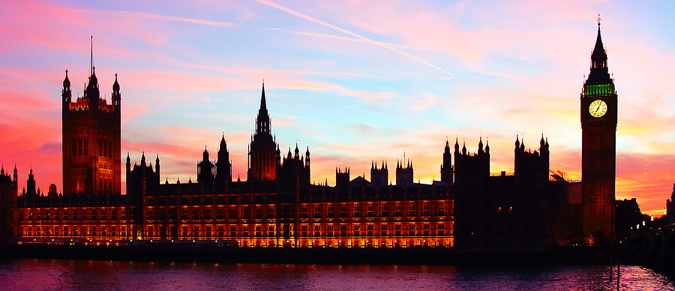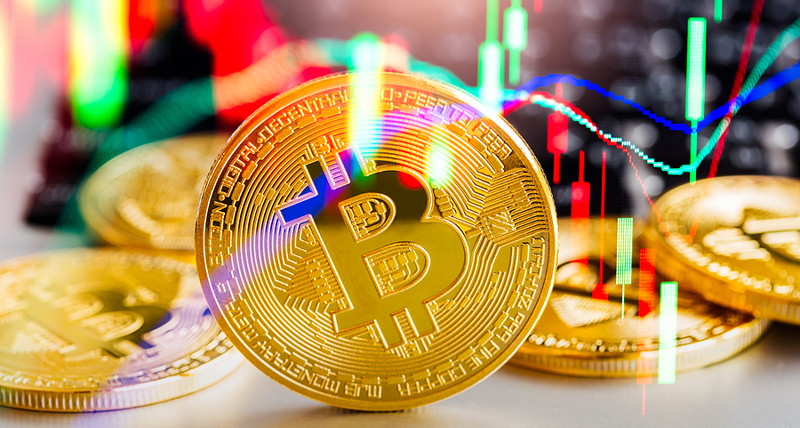UK Gambling Sites Could Soon Be Able to Legally Accept Cryptocurrencies
 It seems like the UK government is readying itself to support some cryptocurrencies as part of new laws to be introduced. Through the new legislation, the digital currencies could be recognised as legitimate forms of payment, and in theory, this means that they could end up being possible to use at online gambling sites as well.
It seems like the UK government is readying itself to support some cryptocurrencies as part of new laws to be introduced. Through the new legislation, the digital currencies could be recognised as legitimate forms of payment, and in theory, this means that they could end up being possible to use at online gambling sites as well.
On Monday, April 4, Britain laid out a detailed plan that would exploit the potential of crypto assets as well as the underlying blockchain technology. This, it said, would be done so as to help consumers with making their cryptocurrency payments more efficiently. Doing this so as to form part of a global crypto asset hub, the financial services minister John Glen said that legislation would be introduced so as to bring some stablecoins under the regulatory net.
Does this mean that gambling firms would also be able to benefit from the new legislation by allowing players to utilise crypto assets for their activity online? The ambition underscored in the plan unleashed by the government suggests that the UK wants to become a global crypto asset technology hub. And to do this, it needs to recognise cryptocurrencies as being a legitimate alternative to standard fiat currencies.
Stablecoins serve as cryptocurrencies that have a stable value relative to traditional currencies, or to a commodity like gold, which would avoid the extreme volatility that Bitcoin and altcoins have attached to them due to their decentralised nature. This makes them quite impractical to use for a lot of commerce. Therefore, all stablecoins that reference a fiat currency should be regulated, the government said.
Legislation Being Drafted

While the government is known for coming up with ideas that are never seen through to the end, the official announcement on cryptocurrencies seems to be in motion already. Legislation is currently being drafted so as to ensure that stablecoins become an official and recognised form of payment. As of yet, no coins have been noted as being approved, although many of them exist that the government can choose from. Options such as Tether, DAI and USD Coin would all be great routes to select.
Due to stablecoins being directly linked to fiat currencies, they do differ from other digital currencies, because their value would only move in unison with the value of the fiat counterpart they are linked with. Therefore, these cryptocurrencies are much less volatile than others like Bitcoin and so on.
Yet while the decision made by the UK government isn’t necessarily the powers that be making a bold enough statement to say that all cryptocurrencies need to be recognised. And this is certainly not the suggestion that these currencies should become globally recognised, either. Instead, it is serving as a way for the United Kingdom to propel itself forward in the industry, and it hopes to become a central hub for the future of cryptocurrencies.
Provided that this initiative is able to proceed in the country, it could also see the gambling industry of the UK benefit as well. Using cryptocurrencies at online casinos is a simple process and this would offer players a much cheaper and faster option than utilising bank transfers or debit cards to add funds to and withdraw them from such sites.
A Simpler Way for Businesses to Operate
 It is also prominent to note that digital currencies ensure businesses are able to operate on a global scale much easier. This occurs because barriers to cross-border payments are eliminated.
It is also prominent to note that digital currencies ensure businesses are able to operate on a global scale much easier. This occurs because barriers to cross-border payments are eliminated.
And while the UK may proceed with legalising other types of cryptocurrencies in the future, that is not something that it is looking at in the first instance. The Treasury did say that it would review the possibility of doing so later on in 2022, although it did not mention any specifics relating to the options that could be put on the table.
But with around 9.8 million people in the UK possessing one or more types of cryptocurrencies, there is definitely a market for it being officially legalised. That figure serves as six times more people holding digital currencies than there were in 2018. And considering that gambling has always had quite the close relationship with digital currencies, the decision that has been taken by the government (as well as potential future decisions) could make that link stronger.
The government isn’t solely focusing on the currencies themselves, though. Blockchain technology is another area that it is looking at, suggesting that the adoption of distributed ledger technology for its financial markets could be a good way to go. It also has the intention of developing a financial market infrastructure sandbox.
“This is part of our plan to ensure the UK financial services industry is always at the forefront of technology and innovation”, said Chancellor of the Exchequer, Rishi Sunak.
Not Everyone Considers This to Be a Good Move

While Sunak may believe that the UK will be at the front and centre of the crypto asset world with this move, the Financial Times (FT) noted how his move is similar to that of Nayib Bukele, the President of El Salvador. He has been very pro-Bitcoin since coming to power in 2019, but also opted to call himself “the world’s coolest dictator” in September of 2021. A part of that self-titled status came about due to him adopting Bitcoin as legal tender in El Salvador, amongst other moves that would gain him credibility with the country’s young people.
While Sunak is no dictator, nor is he at the head of Britain as its Prime Minister, he has commissioned the Royal Mint to issue a non-fungible token (NFT) that will serve as another way for the country to become the world’s number one cryptocurrency nation.
But is it really possible for the UK to move forward and out of its cost-of-living crisis by offering a blockchain-based digital receipt for a JPEG that you don’t actually own? The FT doesn’t believe so. It suggests that the government is choosing not to focus on the illicit activity and carbon emissions surrounding NFTs, and instead seems to think that promoting cryptocurrency as “the best thing ever” is the route to take.
Whether or not the gambling industry will be able to capitalise on the legislation surrounding stablecoins remains to be seen.



